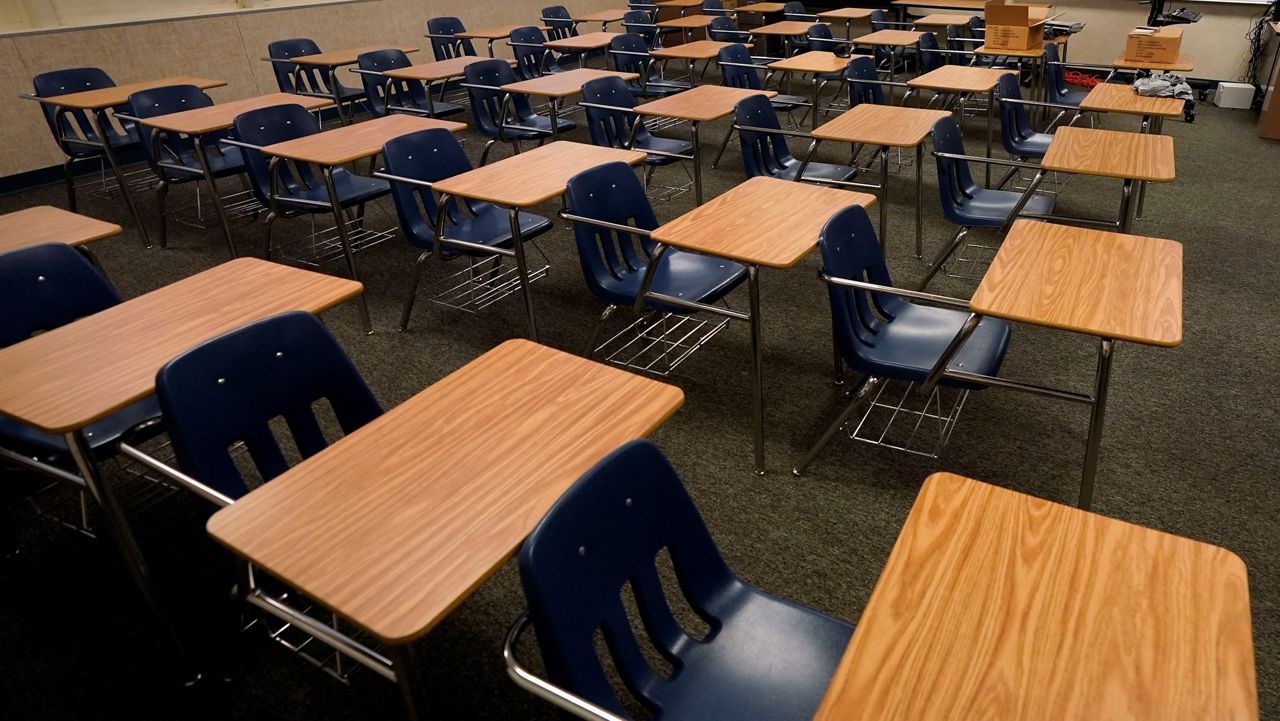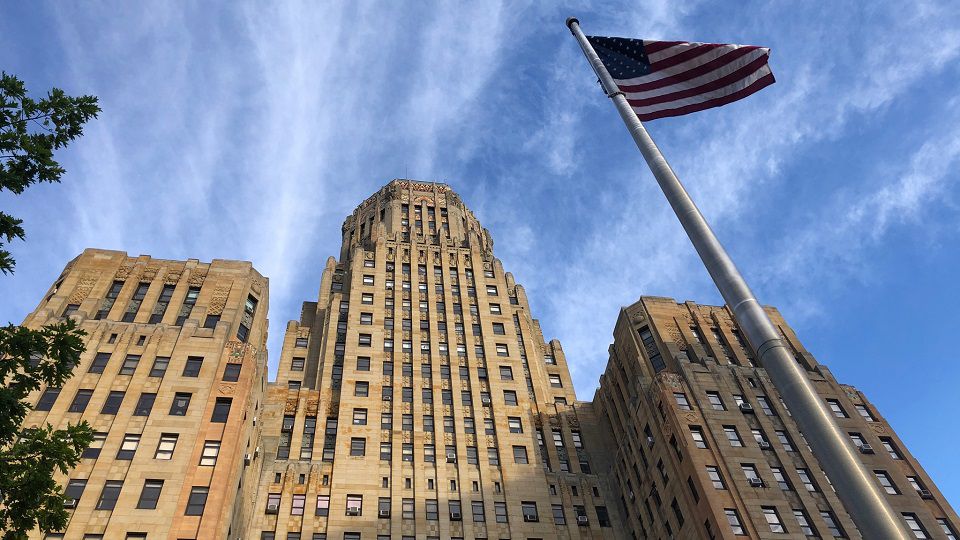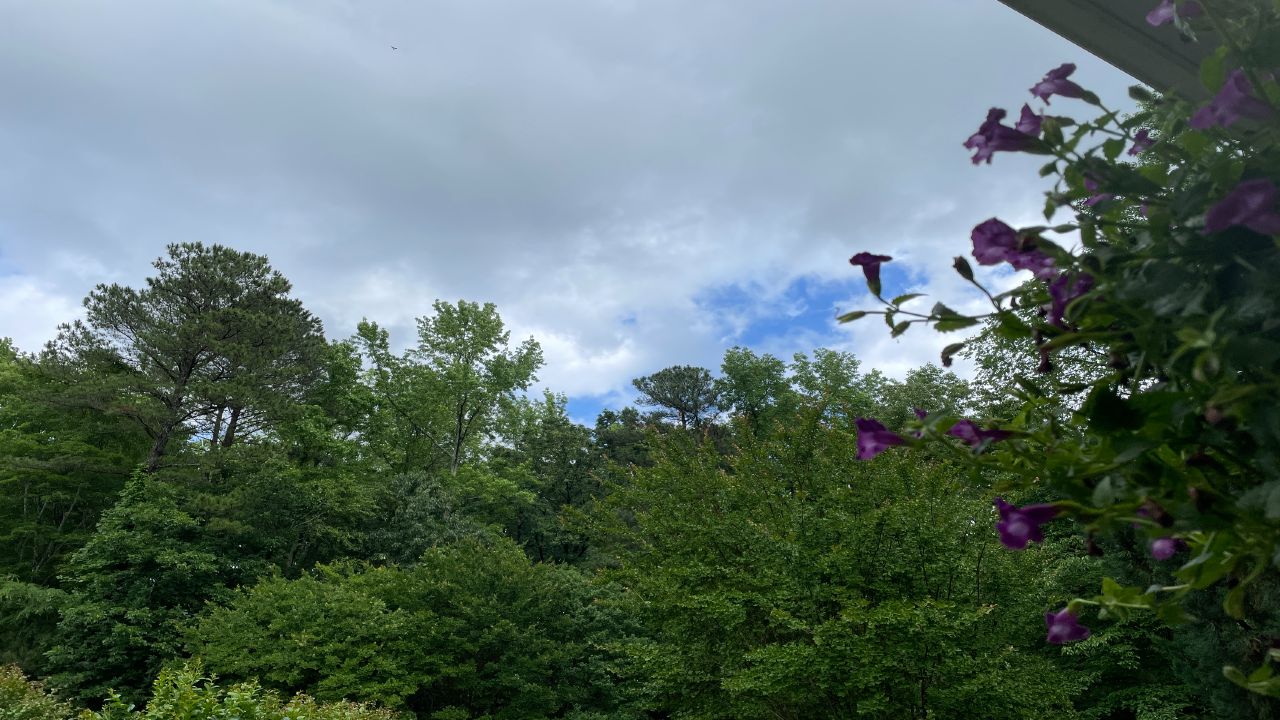BUFFALO, N.Y. — Bishop Richard Malone said Wednesday he wanted to shed light on the Catholic Diocese of Buffalo’s decision to release a list of more than 40 priests accused of sexual assault.
"My job is to bring things out of the darkness and into the light,” said Malone. “Primarily so we can offer healing, mercy and justice to victims, and, in the process, heal the church because something like this obviously mars the integrity of the church."
Another victim, Gary Astridge of Tonawanda, came forward Wednesday to share the pain he's dealt with for years, the result of alleged sexual abuse by a priest in the Catholic Church.
"He fondled me, and I just remember freezing, and then getting up and running, turning around, looking at him and there he was with another little boy next to him and he was doing the same thing to him," Astridge recalled.
Astridge said the abuse happened in the mid-1960s when he was between 6 and 11 years old while living in the Black Rock section of Buffalo. He says he reported the abuse to the Diocese several years ago as an adult.
"It was like enough is enough," he said. "I've been living with this all my life. Every time this subject comes to the forefront, emotions just resurface.”
Astridge decided to go public with his story a day after Bishop Malone released the names of 42 priests accused of sexually abusing minors.
However, victims rights advocates like Robert Hoatson say the Diocese needs to go further, and make public the files of those priests along with their names. Hoatson, a former priest himself, calls the list incomplete.
"What that list does not include is religious order men and women. It does not include deacons, men who work in parishes every single day," said Hoatson, president of Road to Recovery.
The priest who Astridge says abused him falls into that category. His name was not included on the list. Bishop Malone says there's a reason for that.
"Members of religious orders who belong to let's say Franciscans or Jesuits or Dominicans, those priests do not come ultimately under my authority," Malone said. "They come under the authority of their religious superior."
Malone says he is continuing to investigate reported cases of abuse, and might be willing to release the number of victims associated with each of those priests.
"I have a responsibility to do this work meticulously and make sure the information we give is not incorrect," Malone said. "We owe that to the victims, and we owe that to the alleged abusers."
Victims and advocates have also been critical of Malone and other Catholic leaders for opposing the proposed Child Victims Act in the state legislature. Part of that would allow alleged victims a one-year window to sue for damages, regardless of how long ago the abuse happened. Malone was in Albany talking to lawmakers Tuesday as part of the New York State Catholic Conference.
"What do you do if someone who's been dead 70 years has an allegation against him? How does that person defend himself? There are lots of reasons for that. We're opposed to the ‘look back.’ We are very supportive of a Child Victims Act that would give victims more time that they can come forward to present their cases," Malone said.
Astridge says any financial compensation from the Diocese would be welcomed, but the problems he brings with him won't go away with money.
"In some ways that would take away the sting and know that I'm stinging them in their pocketbooks," Astridge said. "Let's face it. We're all part of a club that nobody wants to be in. I didn't choose to be in this club, but I am."









